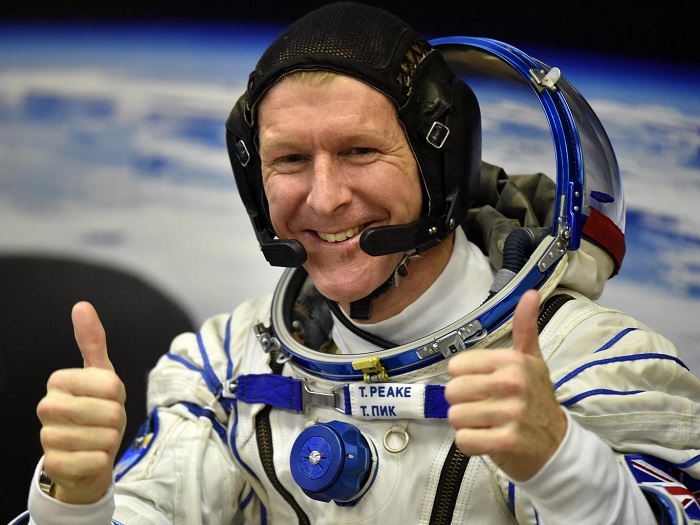Astronauts who reach deep space `far more likely to die from heart disease`

They reported that three out of the seven dead Apollo astronauts died as a result of a cardiovascular disease, such as a heart attack or stroke.
Although the numbers are small, that rate of 43 per cent is four to five times higher than found among astronauts who flew in low Earth orbit or who did not actually go into space, according to a paper in the journal Scientific Reports.
Professor Michael Delp, one of the researchers, said: “We know very little about the effects of deep space radiation on human health, particularly on the cardiovascular system.
“This gives us the first glimpse into its adverse effects on humans.”
In an attempt to test whether the higher numbers of cardiovascular deaths were simply a statistical blip or a genuine sign of the effect of travelling into deep space, the scientists exposed mice to the same type of radiation that the astronauts would have experienced.
After six months, which is the equivalent of 20 human years, the mice showed damage to arteries that is known to lead to the development of cardiovascular disease in humans.
“What the mouse data show is that deep space radiation is harmful to vascular health,” said Professor Delp, of Florida State University.
The famous US Apollo space programme sent humans into space on 11 flights between 1968 and 1972, with nine going into deep space. An Apollo spacecraft made the first moon landing in 1969.
Nasa is currently carrying out research into the effects of prolonged spaceflight on the human body with the view of sending people to Mars. Elon Musk’s private SpaceX firm has suggested going to Mars as early as 2026.
Russia, China and the European Space Agency are also considering missions to the Moon.
After returning to Earth following his stay in the International Space Station (ISS) last month, British astronaut Major Tim Peake described the feeling as the “world’s worst hangover”.
He told a press conference before leaving the ISS that it would “take me several months before my body fully recovers in terms of bone density”.
“But generally speaking in two or three days I should be fairly comfortable back on Earth,” he said.















































